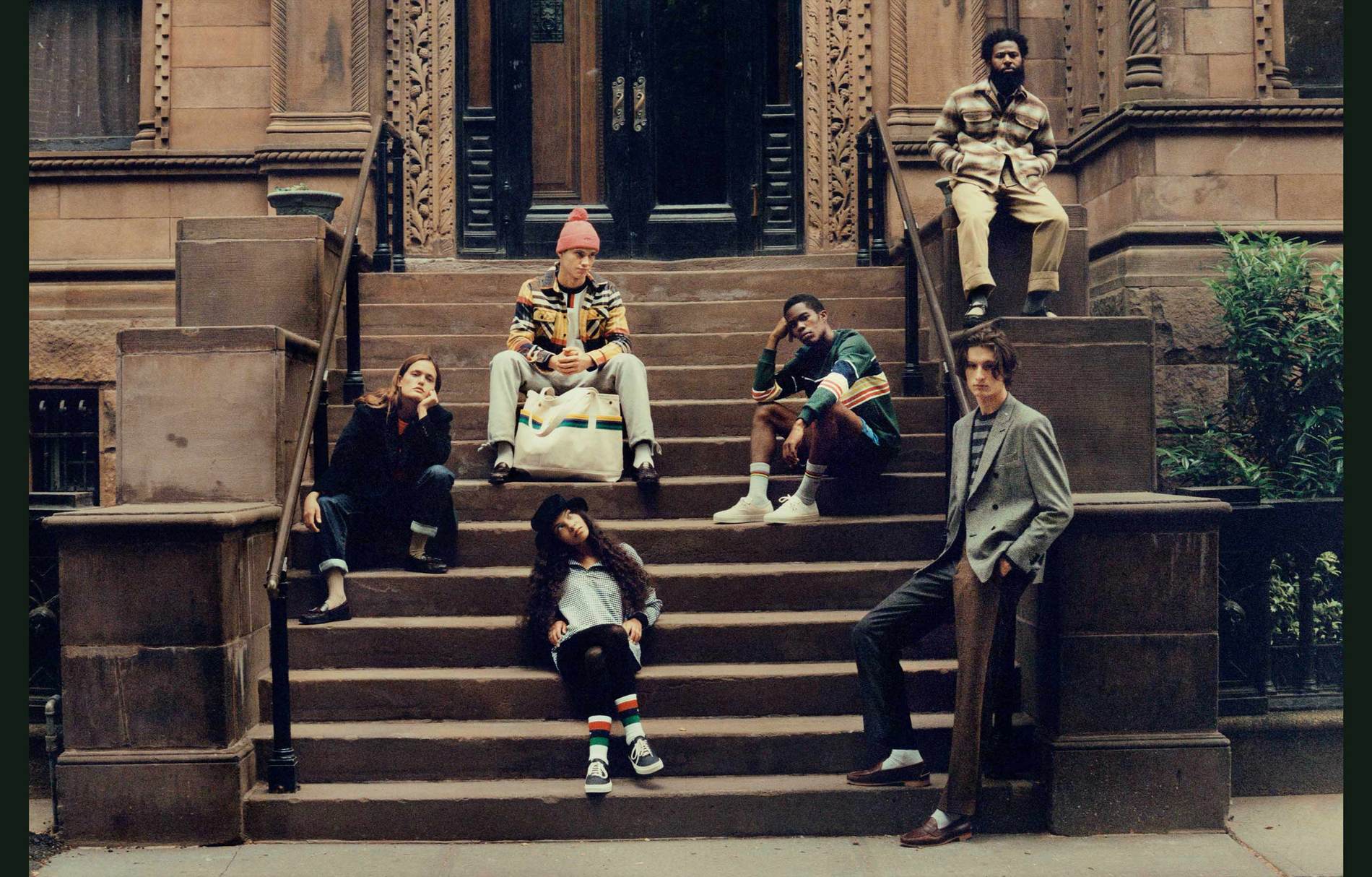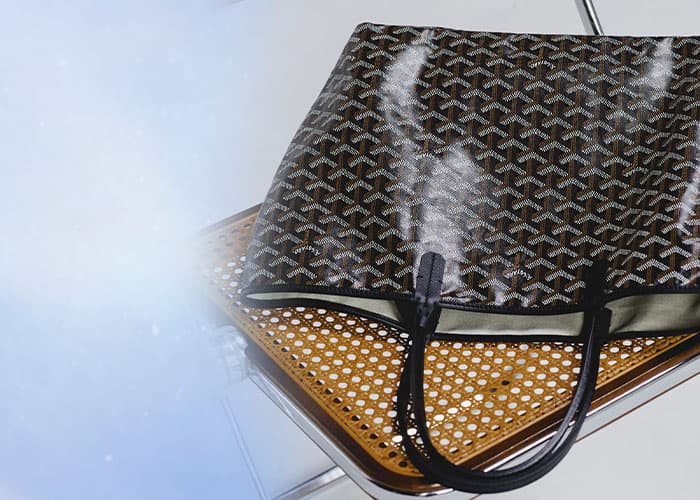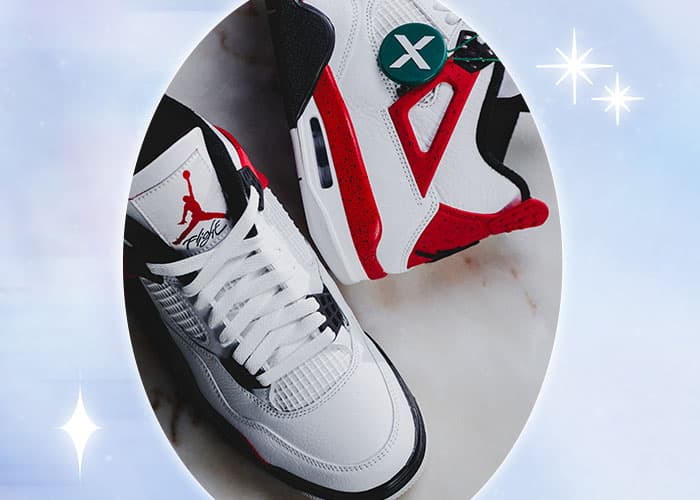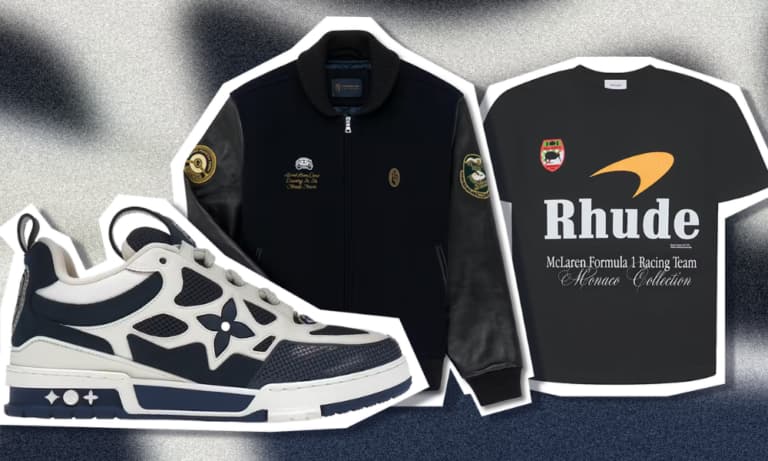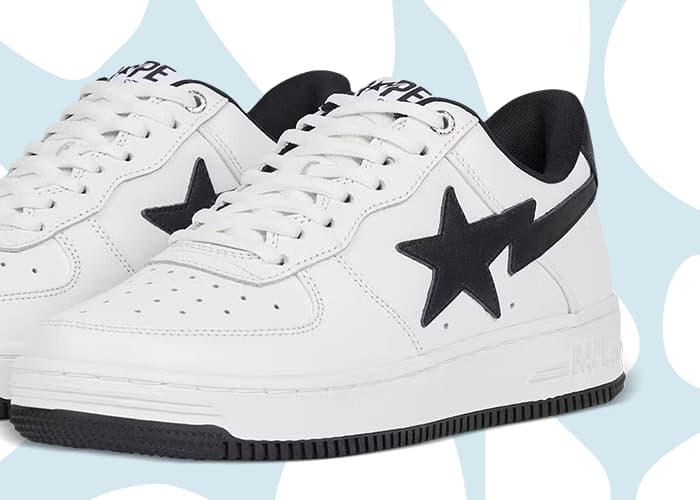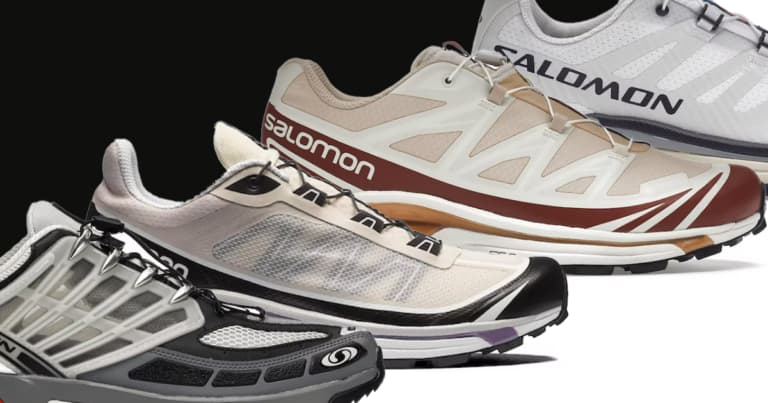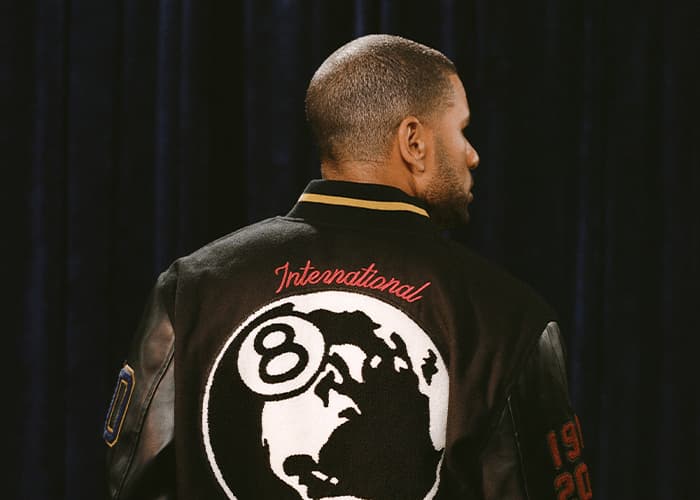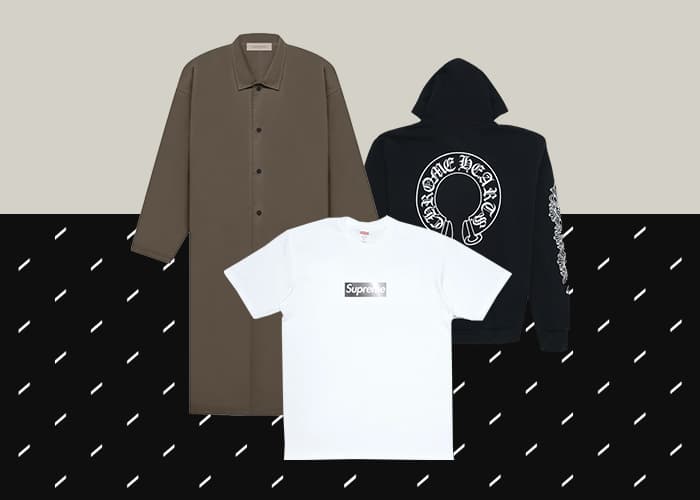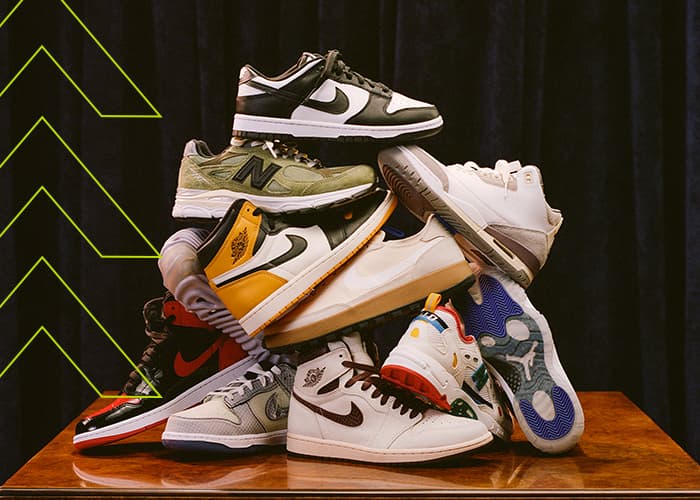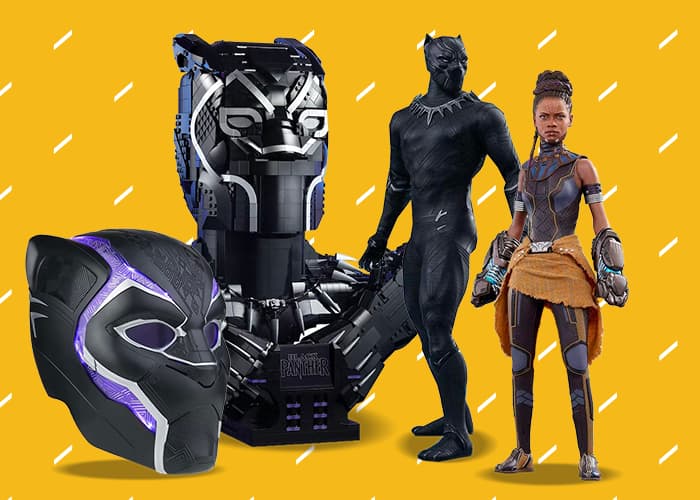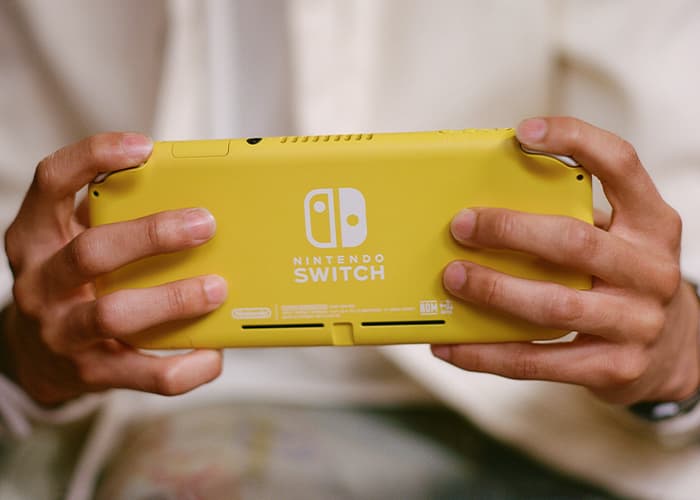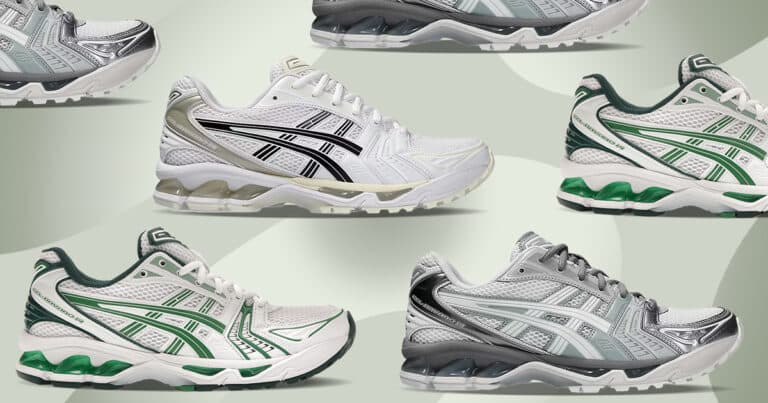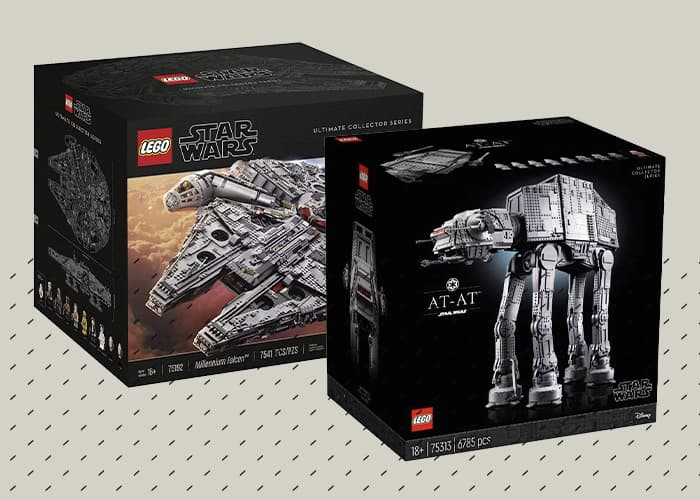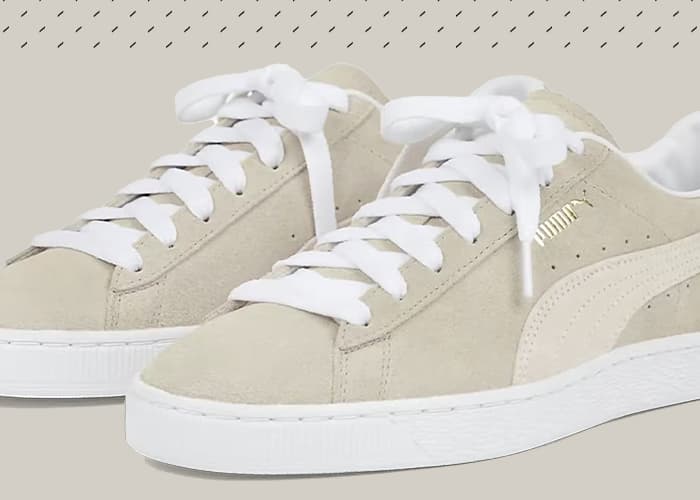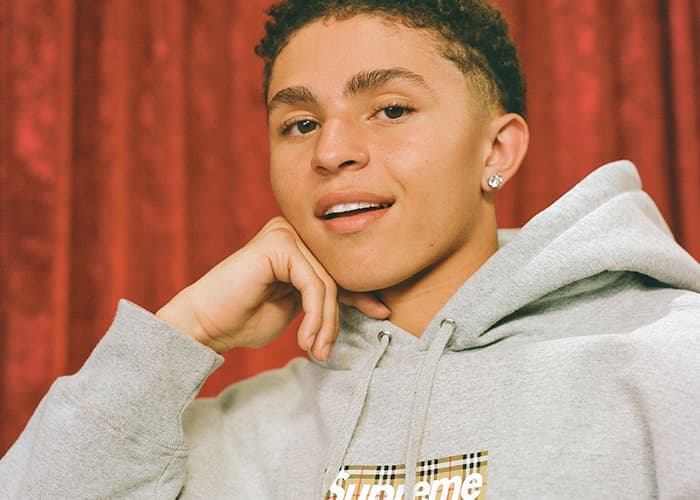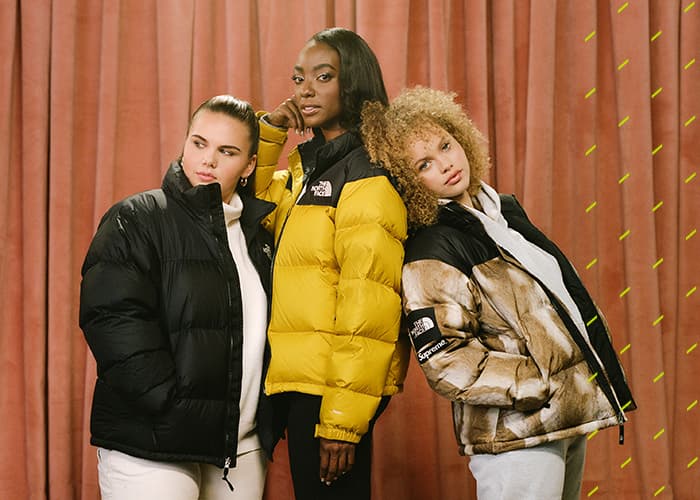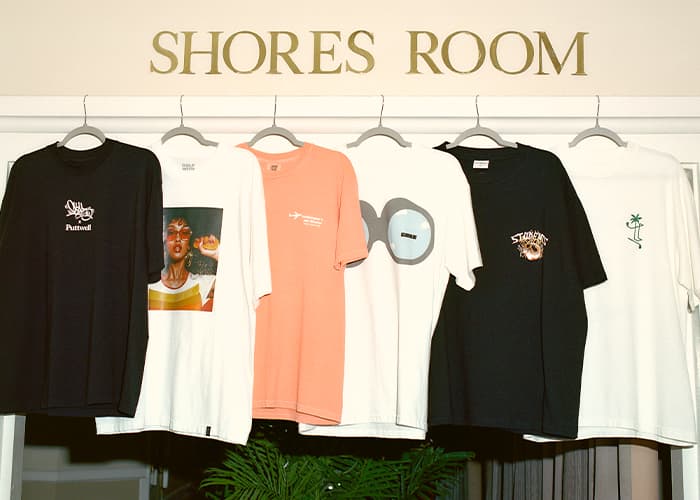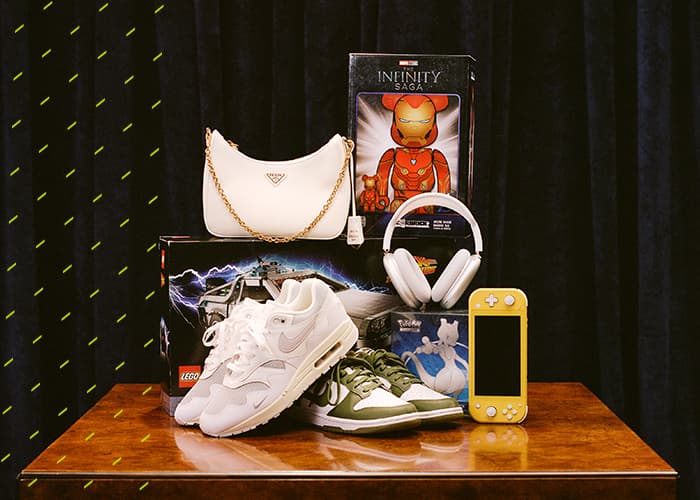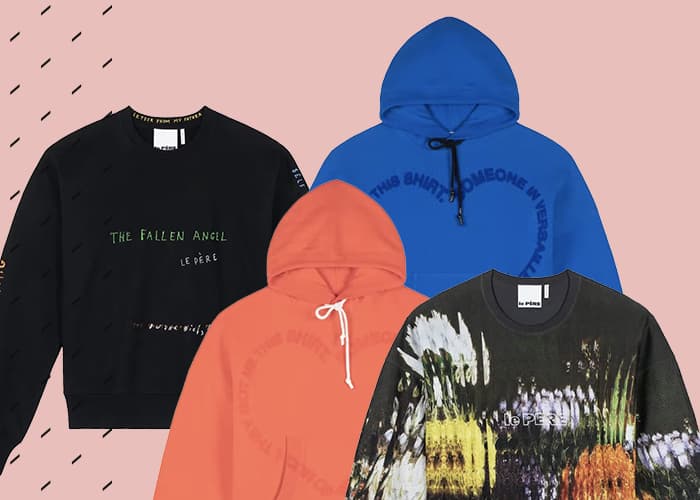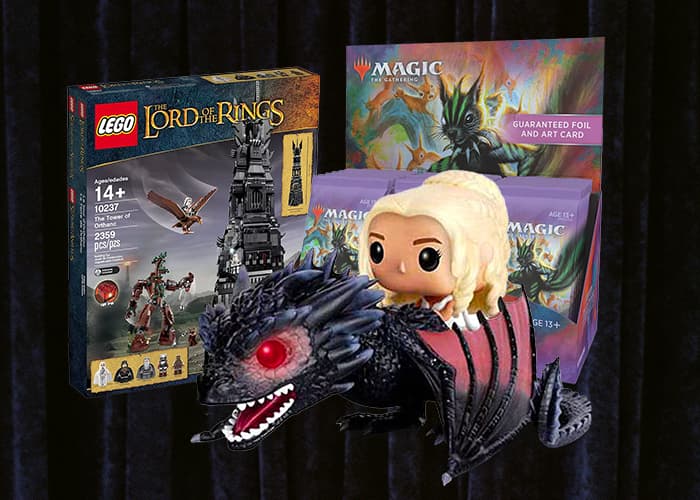Last month, StockX added several new brands amidst the chaos of a new DSM store and several groundbreaking collabs. One of these brands was Noah. The New York City brand dropped an exclusive tee in honor of the DSMLA store opening, and the shirts sold out almost immediately. Last week, while most people were trying to cop a Marvin Gaye hoodie from Supreme, Noah dropped their signature Core Logo Hoodies. The hoodies sold out in a matter of minutes and can now be shopped on StockX. The brand’s increasing popularity comes as a result of the edge and authenticity created by founder Brendon Babenzien, who up until 2015, was the creative director of Supreme.
When Brendon Babenzien left Supreme in 2015 to focus on his own brand, he wanted to work on something that felt a little more like him. The clothes themselves and the business model are comparable to Supreme. T-shirts with graphics (often making political statements) and logo hoodies are dropped weekly (on Thursdays at 11AM as well) and often sell out quickly. The brand also collaborates often – in fall 2018, they collaborated with Rowing Blazers, Vans, Sperry, Big Audio Dynamite, and several others. The differences between Supreme and Noah begin with the higher end product created by the brand. Some have stated that it’s run like two brands; one, a streetwear brand selling high-level basics like Supreme and the other, like a luxury brand, producing well-made high end pieces like suiting. Looking at Noah’s website, the brand sells $138 core logo hoodies alongside a $1,200 trench coat. The hoodies are sold out in most colorways and the trenches are sold out completely.

Image from Noah’s Fall/ Winter 2018 Campaign
The brand’s mission, purpose, and message are where Noah really starts to deviate from its predecessor. Just before their Soho store opened in late 2015, Brendon told VICE that the brand was somewhat a response to his former employer. “Noah is a reaction to that—frenetic consumer behavior and the idea that you need to own so much stuff. But it’s not just Supreme—it’s society in general. It’s the lines outside the Apple Store, the lines outside of restaurants. It’s consumption being out of control.” In the three years since their opening, this has been made obvious. Almost comparable to Patagonia’s “Don’t Buy This Jacket” messaging, Noah tries to stomp out the idea of conspicuous consumption. They support responsible production and encourage their consumer to live a fulfilling life outside of just purchasing new things.

Noah’s Hurricane Harvey Relief Tees
Their desire to convey a strong message of individuality goes beyond just responsible production. Many would even consider the brand blatantly political. Never afraid to step on toes, the brand is unabashedly convicted in their beliefs, even if it hurts profits. In 2016, in response to the political climate, they offered to take back clothing at a full refund from anyone who supported now president Donald Trump. That attitude wasn’t a one time occurrence either, they’ve made tees in support of Black Lives Matter, refugees in the middle east, Robert Mueller, and Puerto Rico after Hurricane Harvey; often times donating ALL proceeds to human rights groups focused on those issues.

Image Pulled from Noah’s Fall/ Winter 17 Campaign
Perhaps the most interesting thing about Noah is their level of self-awareness. Being a brand that discourages consumption while making physical objects to be consumed is a little counter-intuitive, and Noah knows that. In early 2018, they published a blog post titled “We Are Not A Sustainable Company” despite constantly pushing their consumer to be conscious of the way the things they buy are made. On Black Friday, the biggest shopping day of the year, they are closed – you can’t even purchase items from their online site. They promote a “buy less, buy better” mentality, while understanding that their message means they may not receive one of those “better” sales. It’s possible though, that this level of self-awareness appeals to a consumer who themselves are self-aware in a similar way.

Image from Noah’s Spring/ Summer 18 Campaign
Consumption and things to be consumed are inescapable in this day and age. Something is being sold at all times. In the car, on the subway, any time we look at our phone, even most television shows are selling something; and so is Noah. But the self-awareness of being the responsible-consumption consumer brand creates a different kind of value to aspire to. In all reality, consumption isn’t sustainable and cutting consumption completely is both unrealistic and somewhat irresponsible. In a time where something is being sold all the time, spending money and consuming is the equivalent to casting a vote of support. As Brendon put it in a post on the Noah Blog, “Now more than ever, how you spend your money means something. Every purchase is a vote for human rights, environmental responsibility, women’s rights, or workers’ rights—just to name a few. Buy less. Buy better. Don’t be a mindless consumer.”
Noah doesn’t want their consumers being mindless in support of of their brand either. After Brendon was approached and asked about high prices of a jacket, Noah released a statement in the form of a blog post. In an Everlane-like fashion, Noah broke down their costs and margin around several different items, something they still do for certain things to this day. The post included a detailed cost-breakdown, outlining everything from materials to the cost of imports and duties. Rounded out, the transparency report contains a disclaimer which explains what their gross margin will be used for (store rent, the website, salaries, and health insurance are just a few of the uses).

Image pulled from Noah’s IG of Purple Borough Logo Hoodie
The brand could be described as a socially active hybrid of Everlane and Supreme that also sells high-end clothing worthy of a luxury house name. But instead of trying to define them, it’s probably easiest to let them continue carving out their own corner in the streetwear world. Their Core Logo Hoodies dropped in seven colors on Thursday, December 20th, 2018.
Shop the hoodies on Stockx here.


